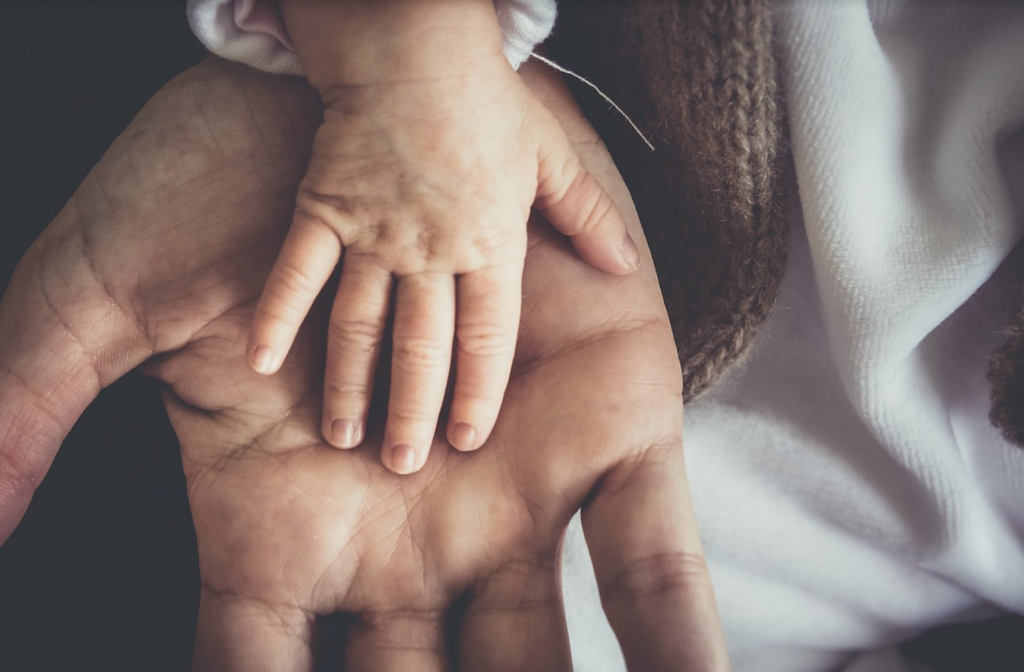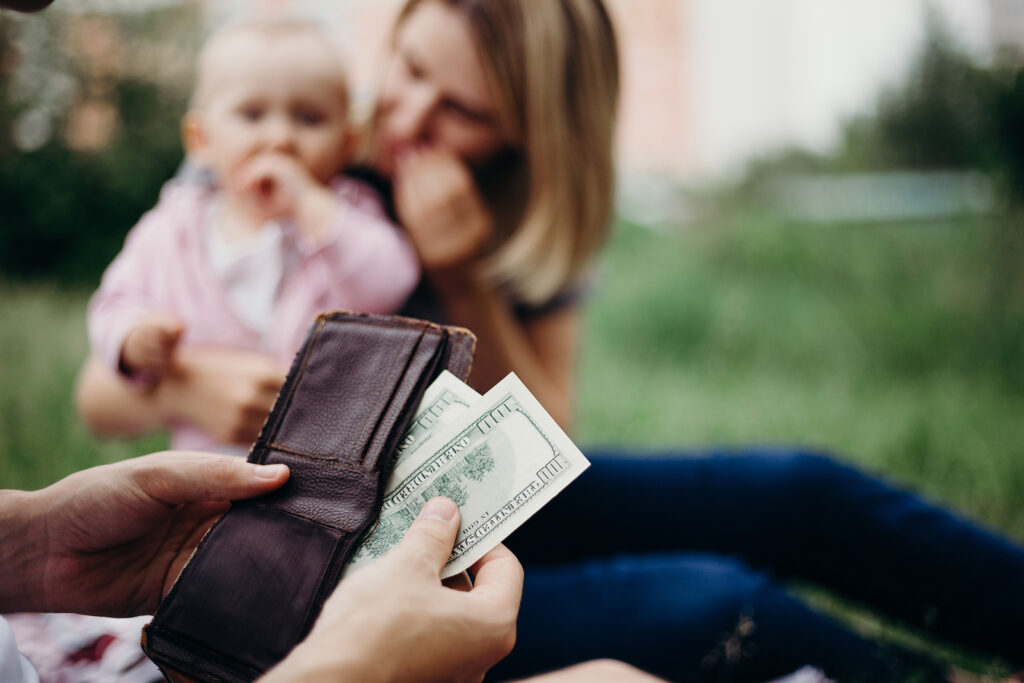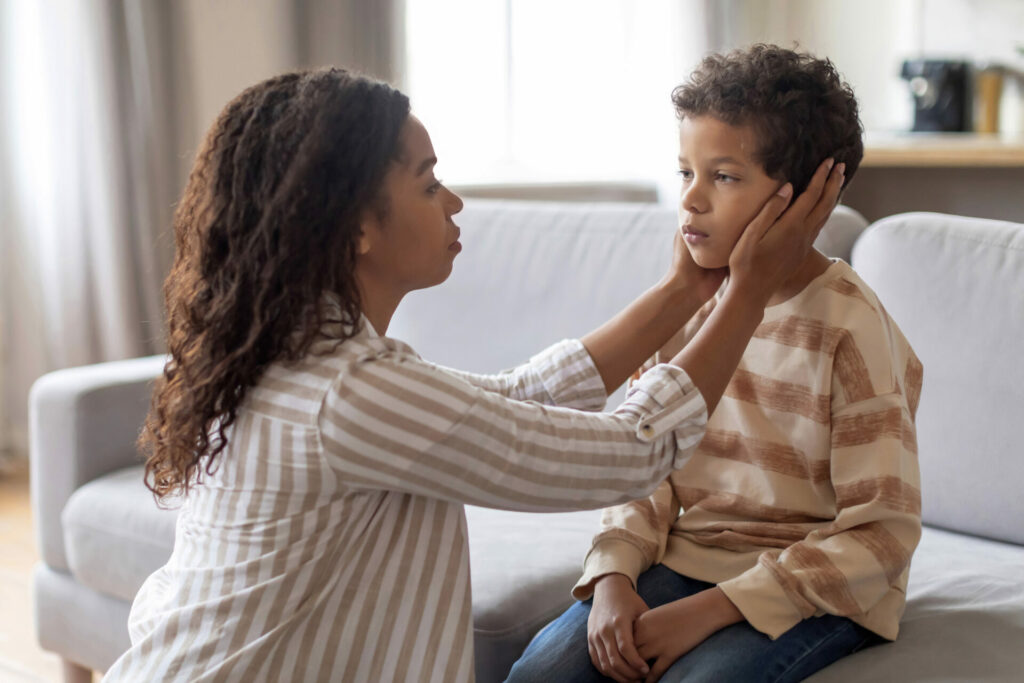What Should You Do If You Suspect Nursing Home Abuse?
Elder abuse is a wide-ranging topic that can include issues such as physical and emotional abuse, neglect, sexual abuse, and financial abuse. Across the nation, studies estimate that around 10% — or one in every 10 — adults aged 65 or older have been the victim of some form of abuse.
In some cases, it’s nursing home abuse that causes someone to become a victim as an older adult. When you suspect that nursing home staff is neglecting or abusing your loved one, you may be angry, upset, sad, and frustrated. Knowing where to turn for help, and understanding if you have a personal injury case, is important to taking steps to protect your loved one.
What Is Nursing Home Abuse and Neglect?
Nursing home abuse occurs when someone who is in the care of a nursing home is mistreated or neglected. There are numerous types of abuse that can occur in these environments. Some types of abuse that might happen in nursing homes include:
- Medical neglect. This occurs when nursing home staff don’t provide appropriate levels of care to meet medical needs. Examples include failing to provide required medications, not supporting a patient to practice mobility, or leaving a bedridden patient in the same position so sores develop.
- Other types of neglect. Staff could also neglect the basic needs of a resident, not feeding ++them appropriately or ignoring bathing assistance needs.
- Physical abuse. This can involve instances when nursing home residents are hit, kicked, pushed, slapped, pinched, or otherwise physically mistreated.
- Sexual abuse. This type of abuse occurs when someone touches a nursing home resident in an inappropriate and sexual manner.
- Financial abuse. Financial abuse can involve stealing from a nursing home resident in any way. It might also occur when someone leverages influence over the person to control how they spend their money.
Obviously, elder abuse is not limited to nursing homes, and these types of abuse can occur in other environments. If abuse is occurring in a nursing home, it might not be committed by the staff. In some cases, other residents, visitors, and family members commit abuse.
Potential Signs of Nursing Home Abuse
Some signs that your loved one might be a victim of abuse in a nursing home include, but aren’t limited to:
- Sudden or unexplained loss of mobility
- Pressure sores and ulcers
- Poor hygiene, such as evidence that the individual is not bathing (or being bathed) regularly or neglecting dental health
- Sudden and unexplained weight loss
- Signs of malnourishment, such as papery skin or hair loss
- Dehydration
- Unexplained and abnormal anxiety or anger
- A resident clamming up or being unwilling to talk or share about their experience when they previously did not have these issues
- Injuries, including bruises, scratches, fractures, and more serious injuries, especially when they become a pattern or can’t be reasonably explained
Who to Contact About Nursing Home Abuse
If you suspect mistreatment of a loved one, consider talking to the management at the nursing home in question. Supervisors or facility leadership may be able to discover a bad actor or make changes to policies to keep your loved one safe.
It’s important to make your grievance known in writing so you have proof that you communicated it.
If you don’t feel that your complaints are taken seriously or are addressed, you can lodge a complaint with the Indiana State Department of Health or your long-term care ombudsman.
- Call the Indiana State Department of Health at 800-246-8909.
- The state ombudsman for Indiana is Lynn Clough. The office can be reached at 800 622-4484.
Do You Have a Personal Injury Case?
If your loved one has suffered injury due to nursing home neglect or abuse, you may have a personal injury case. Typically, personal injury cases require that:
- There is negligence on the part of some third party. For example, if a staff member at a nursing home physically abused a resident, the staff member is negligent for their actions and the nursing home may be negligent in allowing the abuse to occur.
- Some damages were suffered. For example, it may be more difficult to make a case for a personal injury claim if your loved one has a few bruises but the nursing home stepped in to stop the abuse and fired an employee immediately, so no lasting damages were suffered. However, if abuse has led to long-term medical expenses or other damages, the case may be stronger.
Note that the abuse doesn’t have to be physical for there to be a personal injury case. Depending on the facts of the case, you may have a viable personal injury claim that involves emotional, financial, or mental abuse.
Contact a Lawyer to Help With Your Case
While bringing issues to the attention of nursing home management and reporting your concerns to the Department of Health or long-term care ombudsman are important steps to take, you may also want to talk to a lawyer. An attorney familiar with nursing home abuse cases can help you understand your options and what steps you might want to take to protect your loved one now and in the future.
For more information about how we can help with nursing home abuse cases, call the Law Offices of Deidra N. Haynes at 317-785-1832.












